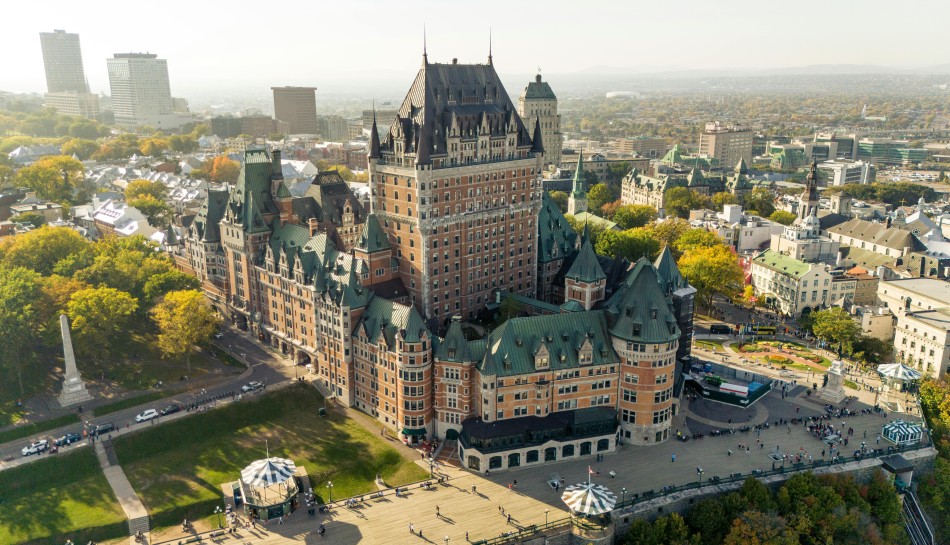Express Entry candidates who had work experience in one of six tech occupations were invited.
On October 27, Ontario invited 1,406 Express Entry candidates with a professional background in tech.
Ontario invited Express Entry candidates who may be eligible for Ontario’s Express Entry Human Capital Priorities Stream. They needed to have a profile in the Express Entry system with a Comprehensive Ranking System score between 455 and 467.
In addition, candidates need one year of work experience in one of the following occupations:
- Computer and information systems managers (NOC 0213);
- Computer engineers (NOC 2147);
- Database analysts and data administrators (NOC 2172);
- Software engineers and designers (NOC 2173);
- Computer programmer and interactive media developers (NOC 2174); or
- Web designers and developers (NOC 2175).
The Ontario Immigrant Nominee Program (OINP) webpage says candidates who cannot demonstrate work experience in one of these occupations will be refused. Also, invited candidates with foreign education may have to submit an Educational Credential Assessment so the OINP can verify that their education is equivalent to a Canadian bachelor’s degree or higher.
Those who received an invitation now have 45 calendar days to submit their application for Ontario’s Provincial Nominee Program (PNP).
Those who receive the nomination from Ontario will automatically get an additional 600 CRS points toward their overall score in the Express Entry system. This boost effectively guarantees that the successful candidates will receive an Invitation to Apply (ITA) in a subsequent round of invitations. This goes for anyone who gets a provincial nomination from any Express Entry-aligned PNP.
This is Ontario’s second Tech Draw of the year. In the first draw, more than 1,100 candidates were invited to apply for the provincial nomination.
Last year, Ontario nominated 1,996 Express Entry candidates through its Human Capital Priorities stream. About 20 per cent of nominations went to candidates with work experience or job offers as software engineers, computer programmers, interactive media developers and others.
How the Human Capital Priorities Stream leads to permanent residence
Once you have decided you want to immigrate to Ontario, one of your options is to create a profile in Canada’s Express Entry system.
Express Entry is an application management system for three federal economic-class immigration programs: Federal Skilled Worker Program, Federal Skilled Trades Program, and Canadian Experience Class.
Express Entry candidates are ranked according to the Comprehensive Ranking System based on their education, work experience, age, and language proficiency in English or French.
You can just apply directly through the Express Entry system, and skip the PNP process. However, some people with lower CRS scores may opt for a PNP since receiving the nomination is worth 600 points, more than enough to be invited in a given Express Entry draw.
Through the OINP, Ontario invites Express Entry candidates who may be eligible for the Human Capital Priorities Stream to apply for a provincial nomination.
Applying for a provincial nomination is not the same as applying for Canadian immigration. If you successfully get the provincial nomination from Ontario, you can then use it to apply for permanent residence from the federal government.
Once you get approved for immigration by the federal government and complete the landing process, you are officially a Canadian permanent resident.
Sources : cicnews.com




















